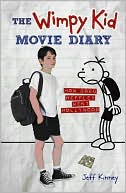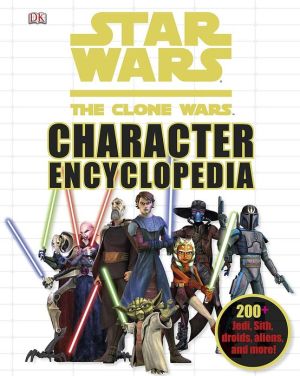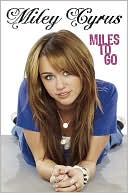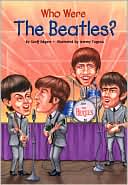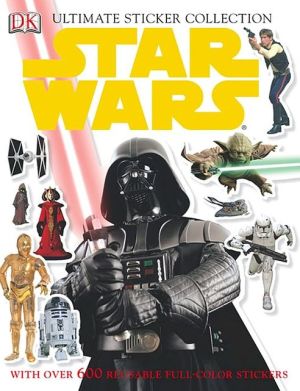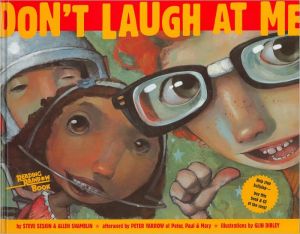From Atalanta To Zeus
Greek mythology, an important part of the curriculum for middle and high school students, serves as an exciting source of creative inspiration. Through these 26 scripts, you will not only introduce students to a fascinating body of literature, but also build their oral reading and presentation skills. Each script introduces a character from Greek mythology and chronicles some of the important mythical events surrounding the figure. Students get to know heroes, such as Heracles and Athena, in...
Search in google:
Greek mythology, an important part of the curriculum for middle and high school students, serves as an exciting source of creative inspiration. Through these 26 scripts, you will not only introduce students to a fascinating body of literature, but also build their oral reading and presentation skills. Each script introduces a character from Greek mythology and chronicles some of the important mythical events surrounding the figure. Students get to know heroes, such as Heracles and Athena, in addition to lesser known but equally fascinating figures, such as Chiron and Asclepius. A pronunciation guide for more than 300 Greek names and a detailed index make this a user-friendly resource.School Library JournalShould children a) meet myths early, but in bowdlerized or simplified versions, or b) wait until they can handle the psychosexual complexities characteristic of myths? If you vote for a), then you might want to look at this collection of more than 25 Greek myths prepared for read-aloud dramatics. The scripts cover most of the major and some of the minor deities' tales. The balance between dramatization and narrative varies widely: in some scripts (Dionysus, Hermes) characters have real dialogues, but in many cases (Heracles, Jason) the narrators are mostly reading a third-person account of events. Suggestions for adults about presentation, costumes, and delivery are included. On the minus side: there are errors of grammar; although the language is clear, the register is inconsistent (words like "bereft" join phrases like "You made it!"); and, most of all, some stories, like "Cupid and Psyche," are almost unrecognizable without their dark freight. Psyche is blamed here (whereas Cupid, who tries to protect himself from real intimacy and runs to Mom when his relationship falters, is equally immature); the sisters aren't jealous; Psyche doesn't carry a knife to kill her "monstrous" husband, so there's no real tension. Barchers's effort is well meaning, and some of this book could be useful for junior high students who might be frightened off by the adult content of more sophisticated versions. On the other hand, if they can deal with these names and intricate plots here, they might be able to handle more.-Patricia Lothrop-Green, St. George's School, Newport, RI Copyright 2001 Cahners Business Information.
IntroductionAeolus and the Winds1Ariadne5Artemis and Niobe11Atalanta17Athena25Chiron and Asclepius31Daedalus and Icarus37Demeter and Persephone43Deucalion and Pyrrha51Dionysus57Eos, Selene, and Helios65Eros and Psyche71Helen77Heracles85Hermes99Jason and the Golden Fleece105King Midas117Leto125Melampus131Oedipus137Orpheus and Eurydice147Pan153Perseus159Prometheus and Pandora171Sisphus177Zeus and Hera183Bibliography189Pronunciation Guide191Index of Names and Places197About the Author203
\ School Library JournalShould children a) meet myths early, but in bowdlerized or simplified versions, or b) wait until they can handle the psychosexual complexities characteristic of myths? If you vote for a), then you might want to look at this collection of more than 25 Greek myths prepared for read-aloud dramatics. The scripts cover most of the major and some of the minor deities' tales. The balance between dramatization and narrative varies widely: in some scripts (Dionysus, Hermes) characters have real dialogues, but in many cases (Heracles, Jason) the narrators are mostly reading a third-person account of events. Suggestions for adults about presentation, costumes, and delivery are included. On the minus side: there are errors of grammar; although the language is clear, the register is inconsistent (words like "bereft" join phrases like "You made it!"); and, most of all, some stories, like "Cupid and Psyche," are almost unrecognizable without their dark freight. Psyche is blamed here (whereas Cupid, who tries to protect himself from real intimacy and runs to Mom when his relationship falters, is equally immature); the sisters aren't jealous; Psyche doesn't carry a knife to kill her "monstrous" husband, so there's no real tension. Barchers's effort is well meaning, and some of this book could be useful for junior high students who might be frightened off by the adult content of more sophisticated versions. On the other hand, if they can deal with these names and intricate plots here, they might be able to handle more.-Patricia Lothrop-Green, St. George's School, Newport, RI Copyright 2001 Cahners Business Information.\ \

